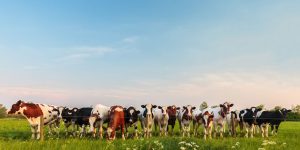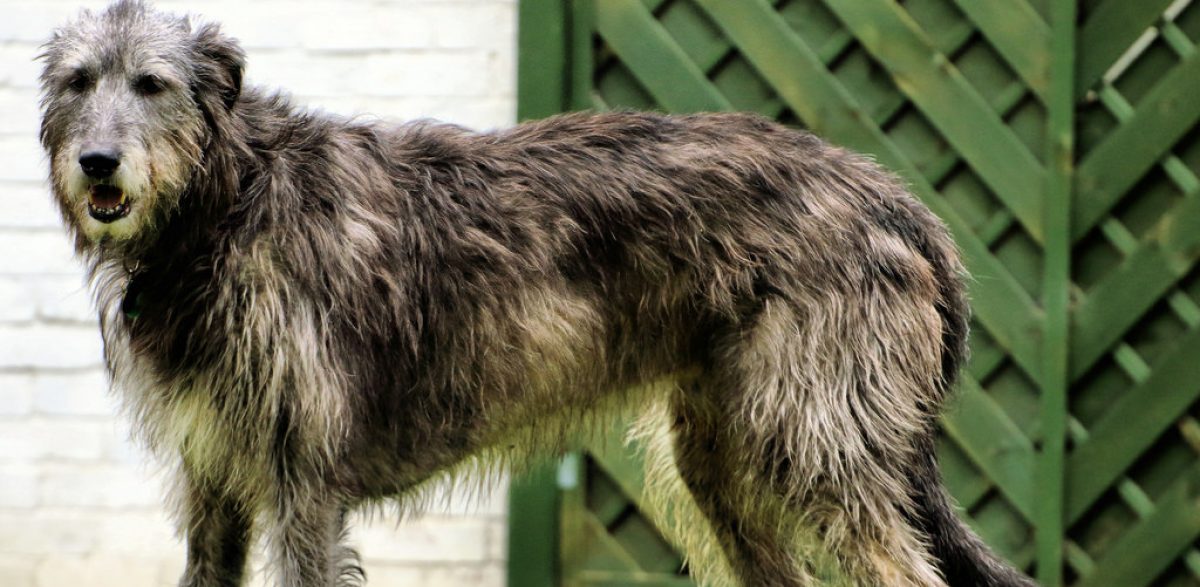
The cattle industry has been severely affected by the coronavirus pandemic, but that is not the only factor that makes cattle raising activities difficult these days – the industry has been facing some serious challenges for a long time, many of which have become more difficult to cope with in the last year, but that are not recent at all. According to cattle news sources, here are some of these issues.
Expansion Problems
The increasingly limited availability of good quality pastures is a problem that affects the cattle industry at global level as well as in the US. Grazing species can quickly deplete the pasture, which means that the herds need to move on, being taken to fresh pastures until the soil in the depleted area recovers. Urbanization and land usage for construction purposes has decreased the size of land available for pastures – an issue to which farmers can react with decreasing the size of their herds or with switching to feeding and rearing techniques that do not involve grazing.
Volatile Markets at a Global Level
Cattle news sources confirm that the demand for the meat, milk, skin and fleeces of cattle are segments that react very sensitively to changes in other segments of the economy or in global economy as such, like it was the case with the COVID-19 crisis. The prices being shaped by the intricate relationships between supply and demand, cattle farmers are constantly facing insecurities and unpredictable events that make their operations difficult.
Issues Related to Animal Health
Even the cattle herds that are properly vaccinated, that have access to high-quality feed and are regularly monitored by vets can be affected by illnesses and epidemics. Foot and mouth disease, blue tongue disease, rabies or anthrax are just a few of the illnesses that have led to the need to exterminate complete herds in certain areas and no cattle herd is ever completely safe from contagious or feed-related illnesses.
Increased Demand for Sustainably Reared Cattle
Environmentalists have been harshly criticizing the cattle industry for the excessive need for resources, especially water and for the pollution caused by the cattle rearing process, while many popular healthcare trends promote the complete switch to a plant-based diet. In many regions, the limitations in the availability of resources have made cattle farming more sustainable, but the process has also led to smaller herds, while the increasing popularity of vegetarianism and veganism has led a decrease in demand. The two factors together have made many farmers rethink their farming methods as well as their plans and strategies for the future.
Labor Shortages
Another long-existing issue that is likely to continue to exist in the future, too, the poor availability of skilled and unskilled labor force willing to work in the cattle industry also imposes limitations in terms of development. Work in the cattle industry is usually very hard and physically demanding and the hours are also very long, which makes people look for work in other segments. As a result, cattle farms need to find solutions to be able to manage all the work processes needed. One of the options would be to adopt new, more efficient technologies, but that transition usually requires substantial investments, too.
